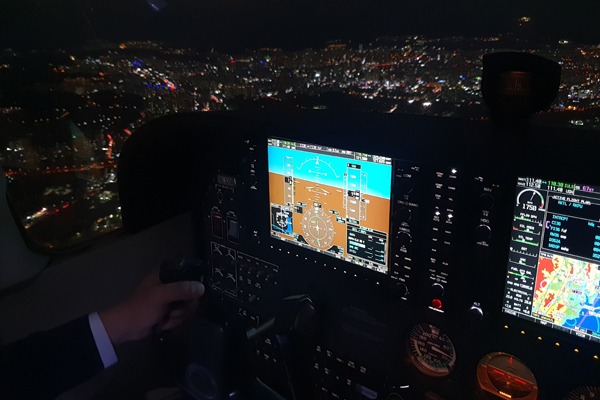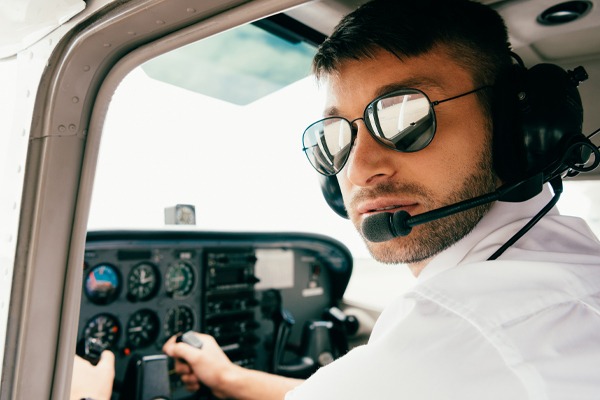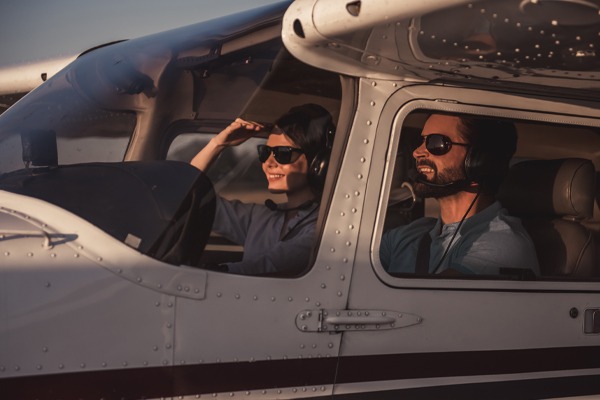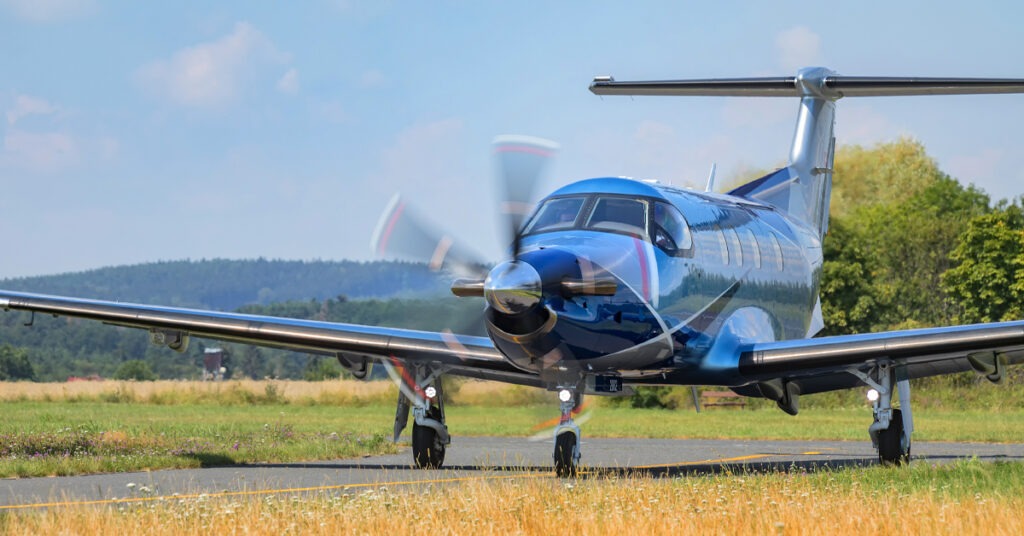For aspiring aviators, the journey from being a Private Pilot to a Certified Flight Instructor (CFI) can be both challenging and rewarding. Each step along the way builds upon prior knowledge and skill, leading to a well-rounded and highly capable professional pilot. This guide – while far from being exhaustive – outlines the progression and expectations for each certificate and rating.

Private Pilot License (PPL)
The Private Pilot License (PPL) is the foundational certification for pilots and serves as the gateway to more advanced training. While you can certainly opt for a Recreational Pilot’s License, if you plan to pursue a career in professional flight, this is where you will want to start for sure!
Aspiring pilots at this level must be at least 17 years old (although you can begin training at any age), obtain a 3rd Class Medical Certificate, and log a minimum of 40 flight hours comprised of at least 20 hours of flight training and 10 hours of solo flight. After completing the Private Pilot Written Exam and the above requirements, students may be eligible to complete their final check ride with an FAA examiner.
With a Private Pilot License, pilots can fly for personal and recreational purposes but cannot be compensated for their services.

Instrument Rating (IR)
An Instrument Rating is essential for pilots looking to fly in a wider range of weather conditions and improve their overall flying skills. This rating allows pilots to operate under Instrument Flight Rules (IFR), meaning they can navigate solely by reference to instruments rather than relying on visual cues and landmarks.
Pilots looking to obtain this rating must hold at least a Private Pilot’s License, log a minimum of 50 hours of cross-country flight time as Pilot-in-Command (PIC), and complete at least 40 hours of instrument training. Like the PPL, the Instrument Rating also has it’s own knowledge test/written exam and check ride.

Commercial Pilot License (CPL)
The Commercial Pilot License (CPL) is the next step for those who want to be paid to fly. Contrary to what others may think of, this license does not provide the endorsements to fly specific aircraft types (like larger airliners), but rather enhances a pilot’s proficiency and introduces advanced maneuvers and regulations related to professional flight.
Those looking to become a Commercial Pilot must be at least 18 years old, hold at least a PPL, and log a minimum of 250 flight hours including 100 hours of PIC time and 50 hours of cross-country flight. Additional requirements include training in complex aircraft as well as night flights. And, as always, there is both a knowledge exam and final check ride.

Certified Flight Instructor (CFI) & Certified Flight Instructor - Instrument (CFII)
With many airlines looking for upwards of 1,500 flight hours from potential candidates, becoming a Certified Flight Instructor (CFI) is one of the most common pathways to building flight experience and advancing in the aviation industry.
Hopeful CFIs must hold at least their Commercial Pilot License, receive specialized training on aerodynamics, instructional techniques, and regulations, and pass two FAA knowledge tests: Fundamentals of Instruction (FOI) and Flight Instructor Airplane (FIA). All of this is followed by a check ride.
A Certified Flight Instructor – Instrument (CFII) rating allows flight instructors to reach instrument flight students and is often pursued after obtaining the initial CFI certification. Additional instrument training specific to flight instruction is paired with yet another FAA knowledge test and check ride.
Progressing from a Private Pilot to a CFI/CFII is a structured and rewarding process. Each certification builds upon previous skills, preparing pilots for a career in aviation. Whether the goal is to instruct, fly corporate jets, or join the airlines, the journey through these certifications ensures a pilot is well-prepared for the responsibilities of professional aviation.
If you’re interested in learning more about becoming a pilot or need guidance in your own aviation journey, DreamFlight Charities is here to help! Contact us today to take the first step toward your dreams of flight!

